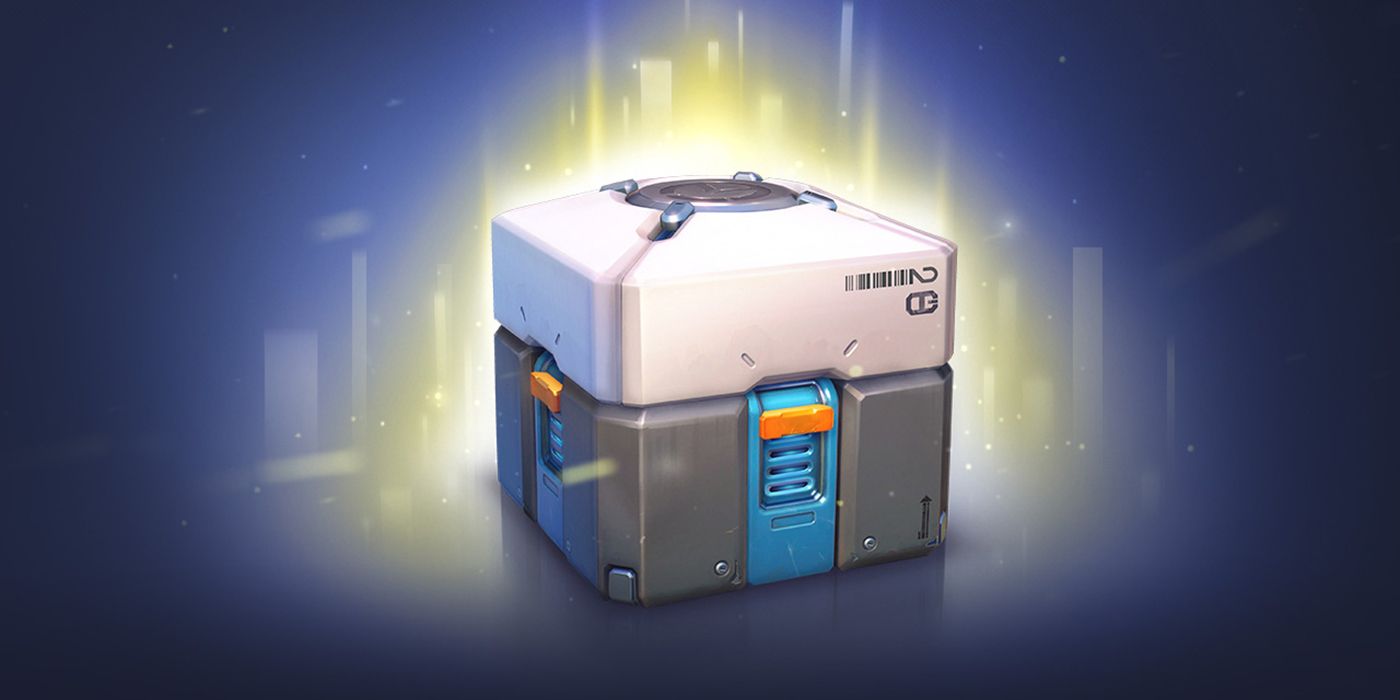The issue of additional content and microtransactions in video games has now led to a response from the ESRB, with the rating board set to put a warning on games that include in-app purchases. The topic has become a subject of much discussion recently, with more and more games turning towards microtransactions as a business model or a means of supplemental cash. If Activision's microtransaction-based matchmaking patent is anything to go by, then this trend is also going to continue.
Things have come to a head since the launch of Star Wars: Battlefront II, however. EA's shooter drew the ire of players due to its use of loot boxes within its progression system, a decision that not only damaged the publisher's stock price but also drew the attention of the State of Hawaii among others. It was clear that, one way or another, something was going to change.
Related: The Video Game Loot Box Problem Goes Deeper Than Star Wars: Battlefront II
Now, one step has been made towards the recognition of microtransactions in games, thanks to a move from the Entertainment Software Rating Board. The ESRB has announced that it is going to start labelling "In-Game Purchases" on the boxes of physical games, putting the label alongside some of the other, more traditional labels such as those for violence and drug usage.
The ESRB has confirmed that the label will be used for any games that include in-game offers for additional purchases with real-world money, giving examples such as "bonus levels, skins, surprise items (such as item packs, loot boxes, mystery awards), music, virtual coins, and other forms of in-game currency." Included in the latter are loot boxes and item packs, while other forms of virtual coins and in-game funds will also come under this bracket. At the moment, the labels will only be included in physical releases, but plans are on the way for digital releases too.
The move comes after some major pressure from politicians and consumers alike for more to be done to make buyers aware of microtransactions within games. However, given how prevalent the use of microtransactions is in video games as a whole, it's going to be difficult to see this having quite as big an impact as some might want. After all, it seems as though this new label could be used on almost any new major publisher release, particularly when bonus content such as season passes is taken into consideration.
More than that, the fact that most games will have the label will also fail to target some of the worst culprits of in-app purchases. There are already many games that have been ruined by microtransactions, and so simply labelling games with additional purchases as a whole would not separate these games from those that use microtransactions in a more responsible manner. Then again, with the ESRB conveniently not seeing loot boxes as gambling currently, perhaps it might take further lengths before parents and gamers can easily identify what games to watch out for.
More: Are Lootboxes and Microtransactions a Necessary Evil?
Source: ESRB


